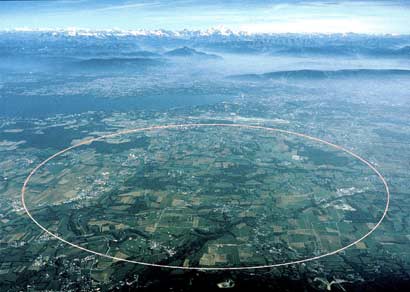so i took this past weekend off, joining friends and a special someone to idle away the days in a beach resort town. it was good fun, though i believe now that the idea of a beach is often more attractive than the actual experience.
during those sun-soaked days, i couldn't really concentrate on anything. i tried a little, but having friends around all the time turned even those peaceful periods an hour or two into unusable blocks.i did start rendezvοus with rama by arτhur c. clarκe, which made for good episodic reading; the story stretches its telling ..
then again, it's a holiday; the point is not to be working!
.. at least until page 100, where i stopped last night..
.. and the plot isn't too intricate that you have to pay attention all the time.
i make it sound simple, but it isn't. the beauty of this book is how it points out the subtlety of human perception towards mathematical possibility.
to give you an idea, the back cover of this book reads:
i make it sound simple, but it isn't. the beauty of this book is how it points out the subtlety of human perception towards mathematical possibility.
to give you an idea, the back cover of this book reads:
Rama is a vast alien spacecraft which enters our Solar System. A perfect cylinder some fifty kilometres long, spinning rapidly, Rama is a technological marvel, a mysterious and deeply enigmatic alien artifact. It is Mankind's first visitor from the stars and must be investigated ...yes, we all know what a cylinder is and we have all (probably) driven as far as 50km on the highway. combining those two bits of information together, however, must make for a rather unique sight. even the large hadrοn collider at CERN is only 27km in circumference, and i don't know if anyone has ever caught the entire thing within a single frame of vision ..!
anyway, here is an excerpt from p. 74:
from p. 42:
"Because they were now standing on the edge of a fifty-metre cliff, it was possible for the first time to appreciate the curvature of Rama. But no one had ever seen a frozen lake bent upwards into a cylindrical surface; that was distinctly unsettling, and the eye did its best to find some other interpretation. It seemed to Dr Ernst, who had once made a study of visual illusions, that half the time she was really looking at a horizontally curving bay, not a surface that soared up into the sky. It required a deliberate effort of will to accept the fantastic truth."moreover, clarκe does an excellent job of suggesting that, though space and its contents may be absolute, our perspectives of it can be rather relative:
from p. 42:
"And now, Karl Mercer told himself, I have to make my first decision. Am I going up that ladder, or down it?[1] the first two times i read this paragraph, i thought that the word was 'plane' and not 'plain.' (-:
The question was not a trivial one. They were still essentially in zero gravity, and the brain could select any reference system it pleased. By a simple effort of will, Mercer could convince himself that he was looking out across a horizontal plain [1], or up the face of a vertical wall, or over the edge of a sheer cliff. Not a few astronauts had experienced grave psychological problems by choosing the wrong coordinates when they started on a complicated job."

No comments:
Post a Comment